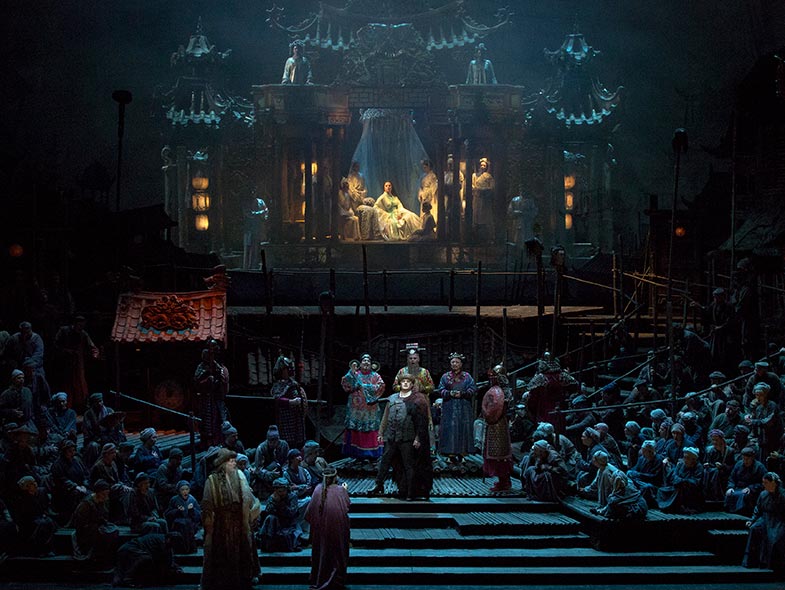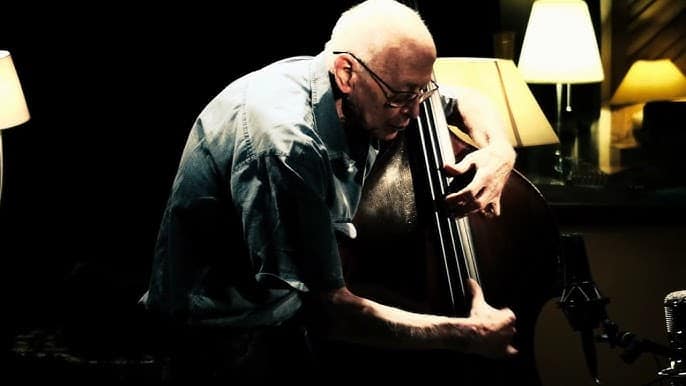Ai Weiwei on the meaning of Turandot
OperaThe exiled Chinese artist was once an extra in Zeffirelli’s production at the Met.
This year, he directed the opera in Rome.
Here’s why:
In the videos projected at the back of the stage, I included the many issues that human beings have faced in recent years and my interpretation of them, including wars, refugee crises, the Covid pandemic, Hong Kong’s cry for freedom, the Ukraine war, possibilities of larger disasters in the future, and general feelings of uncertainty.
Art, or politics?






I was a personal friend of Giacomo Puccini, and he did indeed once tell me, in confidence, that he composed Turandot to portray “wars, refugee crises, the Covid pandemic, Hong Kong’s cry for freedom, the Ukraine war, possibilities of larger disasters in the future, and general feelings of uncertainty.”
In Italian, of course.
And the reason he left it unfinished was not because he died but because he just go too damned depressed to go on.
Not so, he died because after writing all those sublime soprano roles, he realised that he was actually a woman and she was a century too early to do anything about it.
And what was the political (?) significance of the frog attached to the unfortunate tenor’s back?
‘Art of politics’, you wonder??
After a year of day in day out news and criticism about Russian artists and Ukraine this has to be the most hypocritical question ever. Beggars belief.
” possibilities of larger disasters in the future, and general feelings of uncertainty.”
Well, that pretty much covers it.
Can he read a score?
WeiWei, like so many of those previously freedom defending artists, was utterly silent for years when human rights in western democracies were trampled by governments and is now on cue showing up to promote his business and the western narrative.
Art, as a social activity, is inextricable from politics.
OK, there may be exceptions: Bach’s Kunst der Fuge…
It’s also true that politics can be gratuitously slathered onto works of art.
For Wei Wei there is NO difference between art and politics either when he was living in China or now.
Yes, indeed. One wonders how on earth an opera that features heads of state, executions at the whim of a despot, ministers of state, refugees, prisoners of war, totalitarian mind control and so on can possibly be related to politics. Will the follies of Regietheater never end?